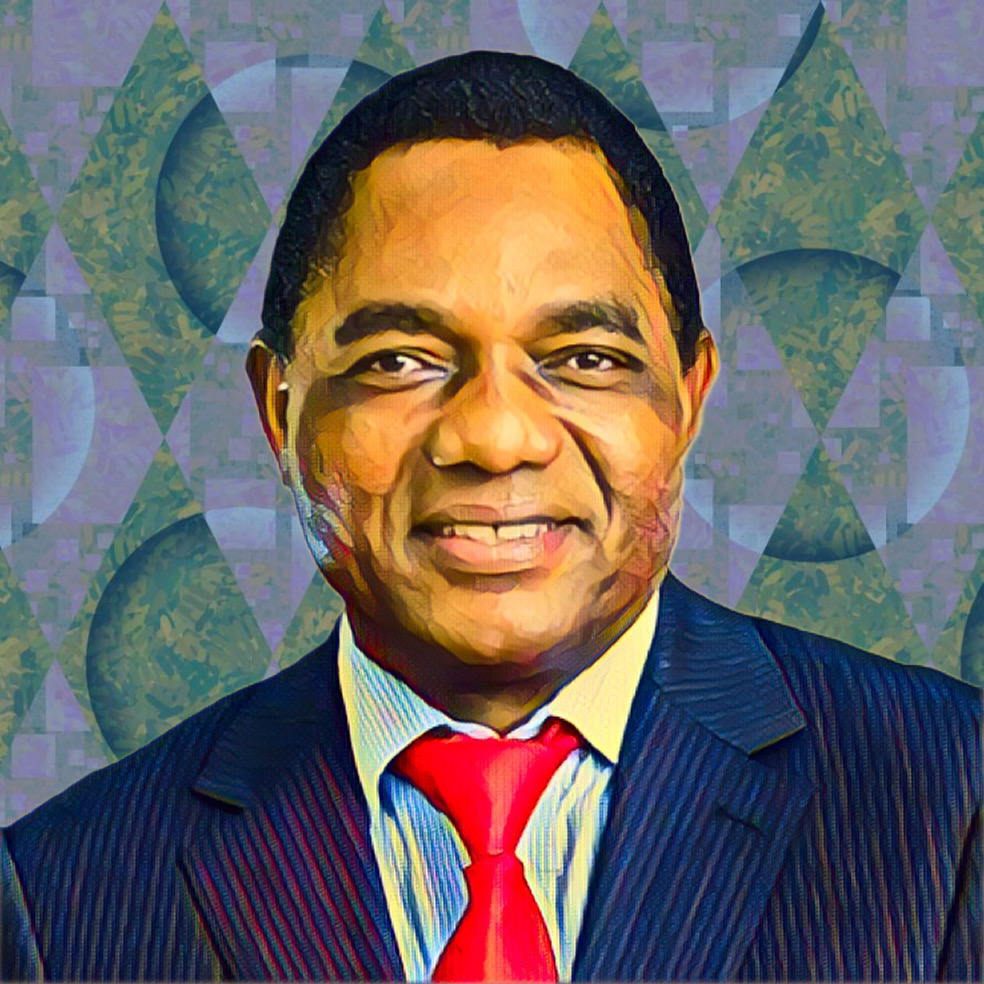Zanu PF has expressed strong approval of Zambian President Hakainde Hichilema’s recent remarks at the Southern African Development Community (SADC) Summit, where he described the elections in the region, including Zimbabwe, as relatively peaceful and producing leaders the bloc is proud of. The endorsement comes amid a backdrop of diplomatic tensions between Zimbabwe and Zambia, following previous criticisms from Zanu PF over Hichilema’s stance on Zimbabwe’s electoral process.
Zanu PF Praises SADC Remarks, Dismisses CCC’s Claims
During a press briefing held at Zanu PF’s headquarters in Harare, the party’s spokesperson, Christopher Mutsvangwa, seized the opportunity to counter the Citizens Coalition for Change (CCC) party’s assertions of shared values with Zambia. He dismissed CCC’s claims as baseless and emphasized the historic relationship between Zanu PF and Zambia, which dates back to the liberation struggle.
Mutsvangwa criticized the CCC’s attempts to align itself with Zambia on matters of democracy, free speech, and electoral integrity, describing their efforts as “humbug” and “hogwash.” He asserted that Zanu PF, not CCC, shares a deep and meaningful bond with Zambia, rooted in the mutual support during Zimbabwe’s liberation movement.
“We have a historic and long-standing relationship with Zambia that CCC cannot claim. Our ties are built on the foundation of shared struggles and mutual respect, not on opportunistic alliances,” Mutsvangwa stated. He further praised Zambia’s role in the recent SADC summit, highlighting the country’s commitment to regional unity and cooperation.
Diplomatic Tensions with Zambia: A Growing Rift
Zanu PF’s glowing endorsement of Hichilema’s remarks comes after months of strained relations between Zimbabwe and Zambia. Leading up to the SADC summit, Zanu PF leaders had accused Hichilema of meddling in Zimbabwe’s internal affairs, particularly after his envoy delivered a critical report on Zimbabwe’s elections. President Emmerson Mnangagwa’s administration accused Hichilema’s government of siding with Western powers, escalating a diplomatic rift between the neighboring countries.
Despite the diplomatic tensions, Mutsvangwa acknowledged Zambia’s positive contributions to the SADC summit, particularly in its capacity as the chair of the Organ on Politics, Defense, and Security Cooperation. He emphasized the long-standing relationship between Zanu PF and Zambia, describing it as a bond that transcends political differences.
Mutsvangwa’s remarks underscore Zanu PF’s strategy to solidify its regional standing while deflecting criticism from opposition parties like the CCC. By aligning itself with Zambia’s perceived endorsement, Zanu PF aims to bolster its legitimacy both domestically and within the broader SADC community.
Regional Implications: Zanu PF’s Stance and Future Prospects
The ongoing diplomatic tension between Zimbabwe and Zambia highlights the complex dynamics within the SADC region. Zanu PF’s public approval of Hichilema’s remarks could be seen as an attempt to smooth over recent frictions while also asserting its dominance in regional politics.
Mutsvangwa’s comments reflect Zanu PF’s confidence in its historical ties with Zambia, which it views as a cornerstone of its legitimacy. However, the CCC’s challenges indicate that the political landscape in Zimbabwe remains highly contested. As the opposition continues to question the integrity of the election process, Zanu PF’s reliance on regional endorsements may not be enough to quell domestic dissent.
Looking ahead, the relationship between Zimbabwe and Zambia will likely continue to be tested as both countries navigate their domestic and regional challenges. Zanu PF’s ability to maintain strong ties with neighboring nations while managing internal opposition will be crucial to its long-term stability.
Zanu PF’s embrace of Hichilema’s remarks at the SADC summit suggests a strategic move to reinforce its position within the region. However, the underlying diplomatic tensions and the ongoing political contestation within Zimbabwe indicate that the situation remains fluid. The coming months will reveal whether Zanu PF’s strategy of aligning itself with regional endorsements will pay off or if the internal and external pressures will lead to further challenges.
Source: New Zimbabwe


